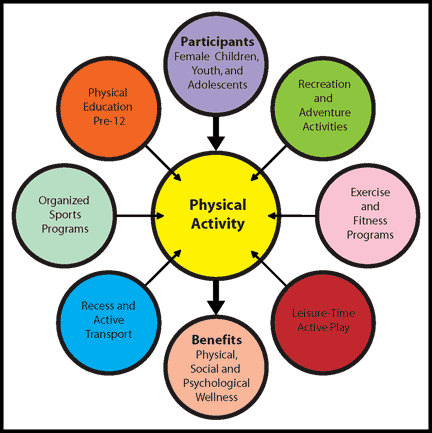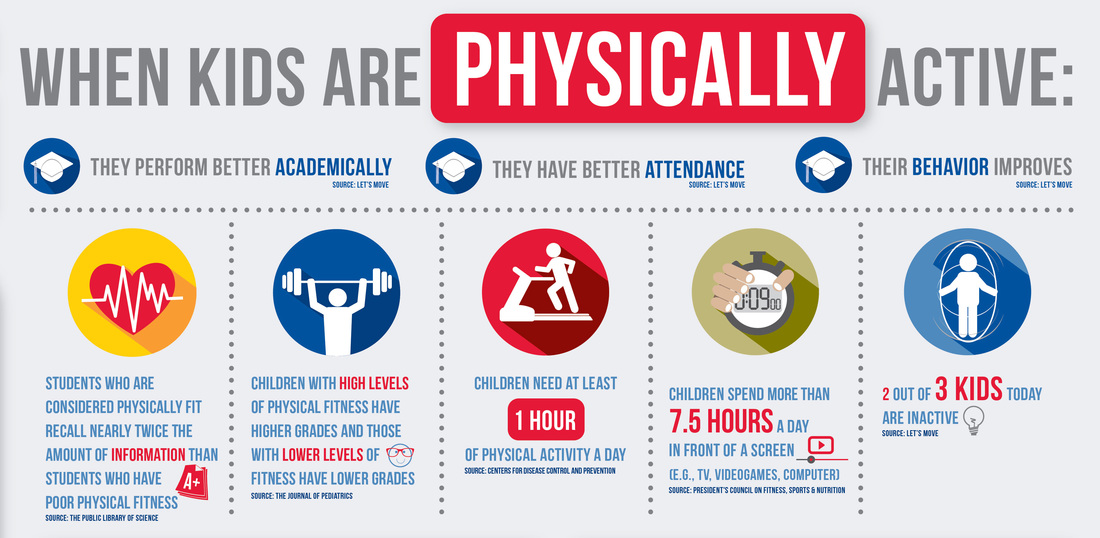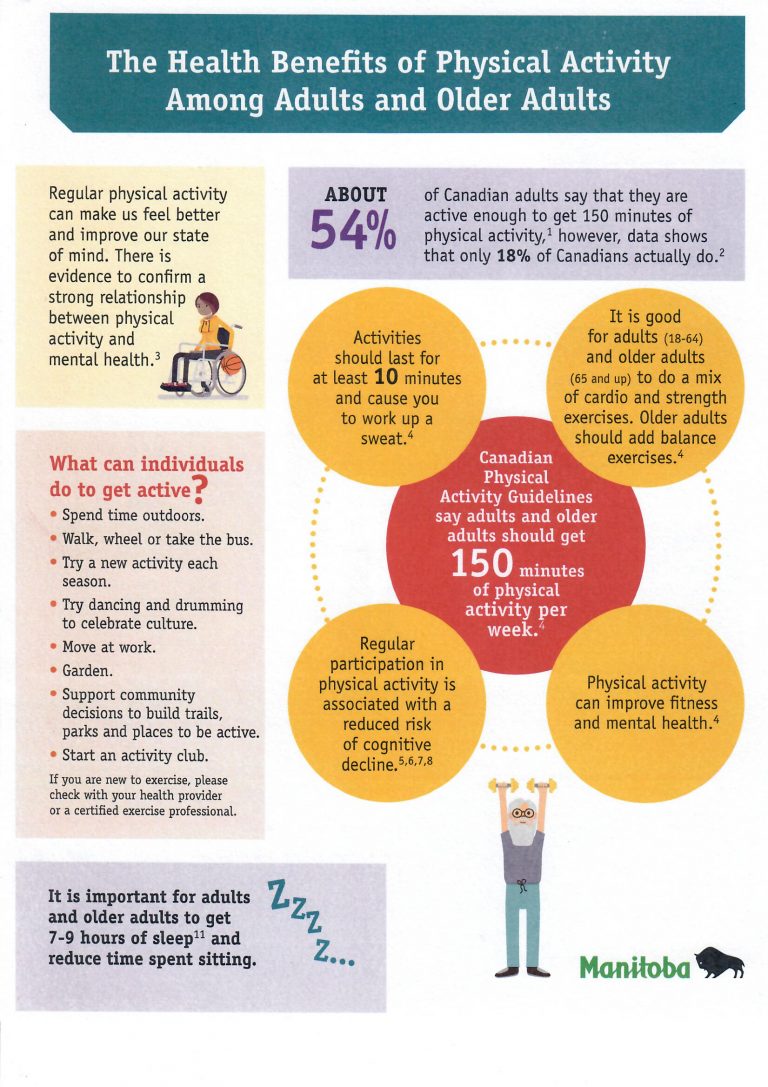
People who exercise regularly often report how good achieving a goal makes them feel. Exercise can improve your sense of control, coping ability and self-esteem.And good sleep helps you manage your mood. Regular exercise can help you sleep better.The levels of chemicals in the brain, such as serotonin, stress hormones and endorphins, change when you exercise.But there are lots of ways that exercise can benefit your mental health, such as: Inactivity can be both a cause and a consequence of mental illness, for example. The link between exercise and mental health is complicated. It can even help give you a positive outlook on life. Exercise can boost your mood, concentration and alertness. Often, people who exercise regularly do it simply because it makes them feel good. Why does exercise make us feel better, mentally? Exercise can also a valuable addition to other treatment options. For example, for mild-moderate depression, research suggests physical activity can be as effective as antidepressants or psychological treatments like cognitive behavioural therapy. It also seems to help in treating some mental health conditions, like depression and anxiety. Taking up exercise seems to reduce the risk of developing mental illness. Research shows that people who exercise regularly have better mental health and emotional wellbeing, and lower rates of mental illness. But did you know that exercise can also help keep you mentally healthy? doi: 10.1016/j. all know how important exercise is for keeping us physically healthy. The association between depression symptoms, psychological burden caused by Covid-19 and physical activity: An investigation in Germany, Italy, Russia, and Spain. Retrieved from īrailovskaia J, Cosci F, Mansueto G, Miragall M, Herrero R, Baños RM, Margraf J. Journal of Primary Care & Community Health. Mental health burden of the CoViD-19 outbreak in germany: Predictors of mental health impairment. doi: 10.1038/s41392-4.īäuerle A, Steinbach J, Schweda A, Beckord J, Hetkamp M, Weismüller B, Teufel M. Resilience, COVID-19-related stress, anxiety and depression during the pandemic in a large population enriched for healthcare providers. 10.1017/S003329172000224Xīarzilay R, Moore TM, Greenberg DM, DiDomenico GE, Brown LA, White LK, Gur RE. Health-protective behaviour, social media usage and conspiracy belief during the COVID-19 public health emergency. © The Author(s), under exclusive licence to Springer Science+Business Media, LLC, part of Springer Nature 2021.Īllington, D., Duffy, B., Wessely, S., Dhavan, N., & Rubin, J.

Physical activity Positive mental health COVID-19 Burden China Germany.

Additional benefits such as increased adherence to governmental measures around COVID-19 are discussed.

Conscious fostering of physical activity and PMH is supported as an effective strategy to reduce the negative impact of the pandemic outbreak on mental and physical health. The present findings reveal that physical activity in combination with PMH can reduce the experience of burden by COVID-19. The mediation model was significant when physical activity and PMH were assessed at the BL, while burden was measured at the FU and it was also significant when all variables were assessed at the FU. Furthermore, PMH mediated the link between physical activity and burden. In both countries, physical activity was positively associated with PMH, and both variables were negatively related to burden by COVID-19. Cross-sectional and longitudinal (China: N = 474, baseline, BL: 2015, follow-up, FU: 2020 Germany: N = 359, BL: 2019, FU: 2020) data on physical activity (e.g., jogging) (BL/FU), positive mental health (PMH) (BL/FU), and burden by COVID-19 (FU) were collected via online surveys. The present cross-national study investigated potential factors that can reduce the burden by COVID-19 in China and Germany. Many people experience high burden by the outbreak of the coronavirus disease (COVID-19) and its consequences for health and everyday life.


 0 kommentar(er)
0 kommentar(er)
